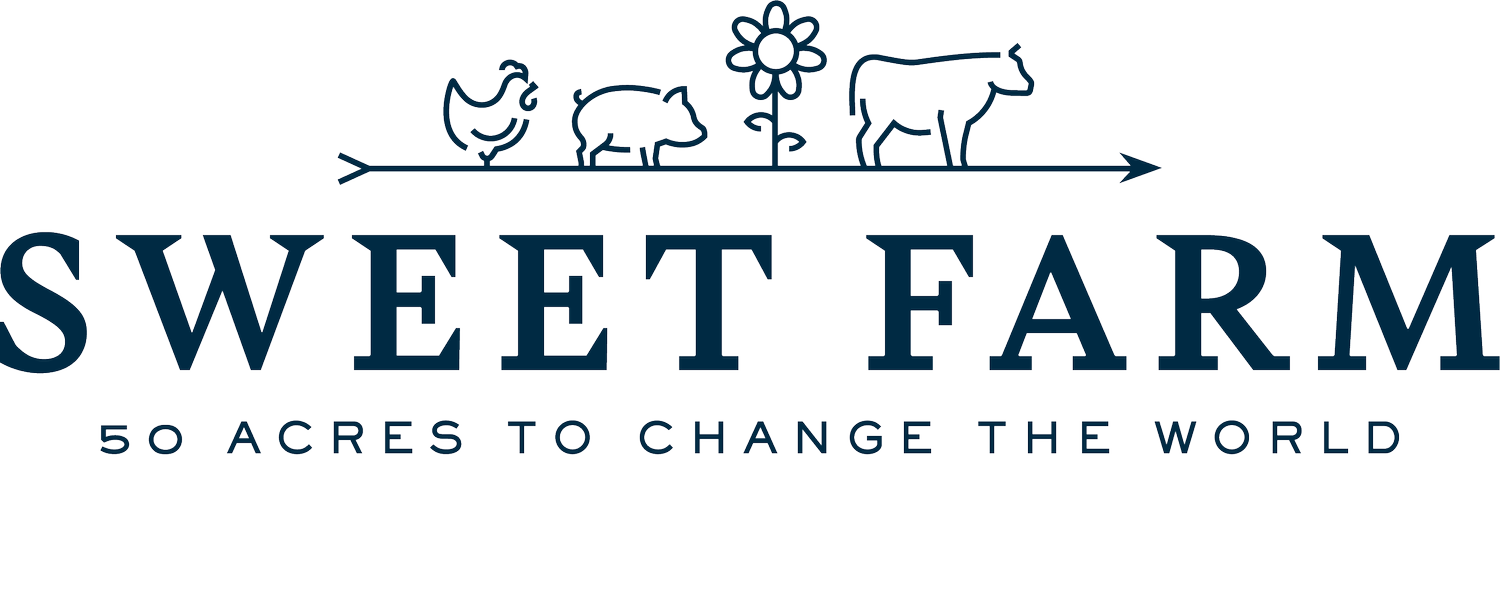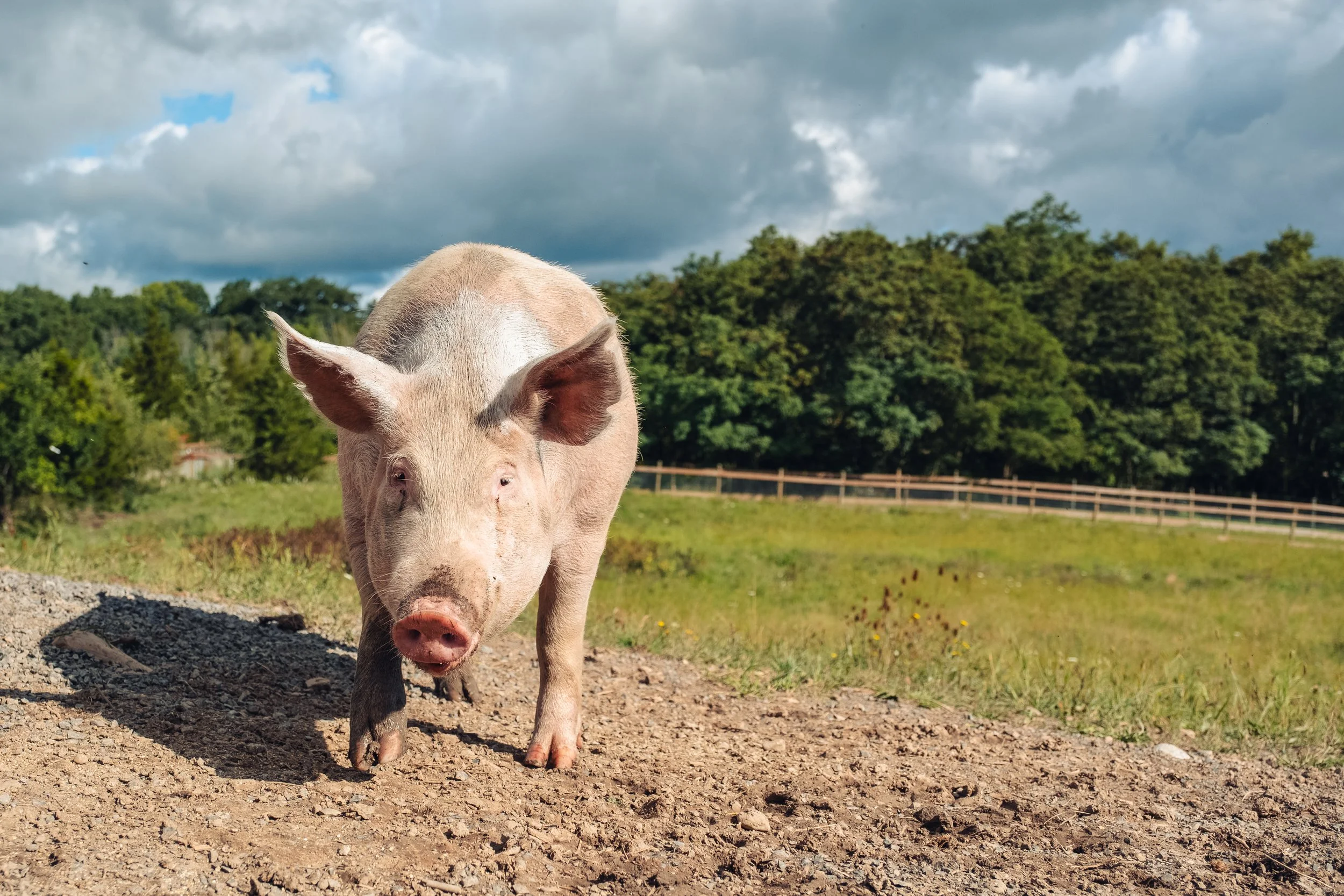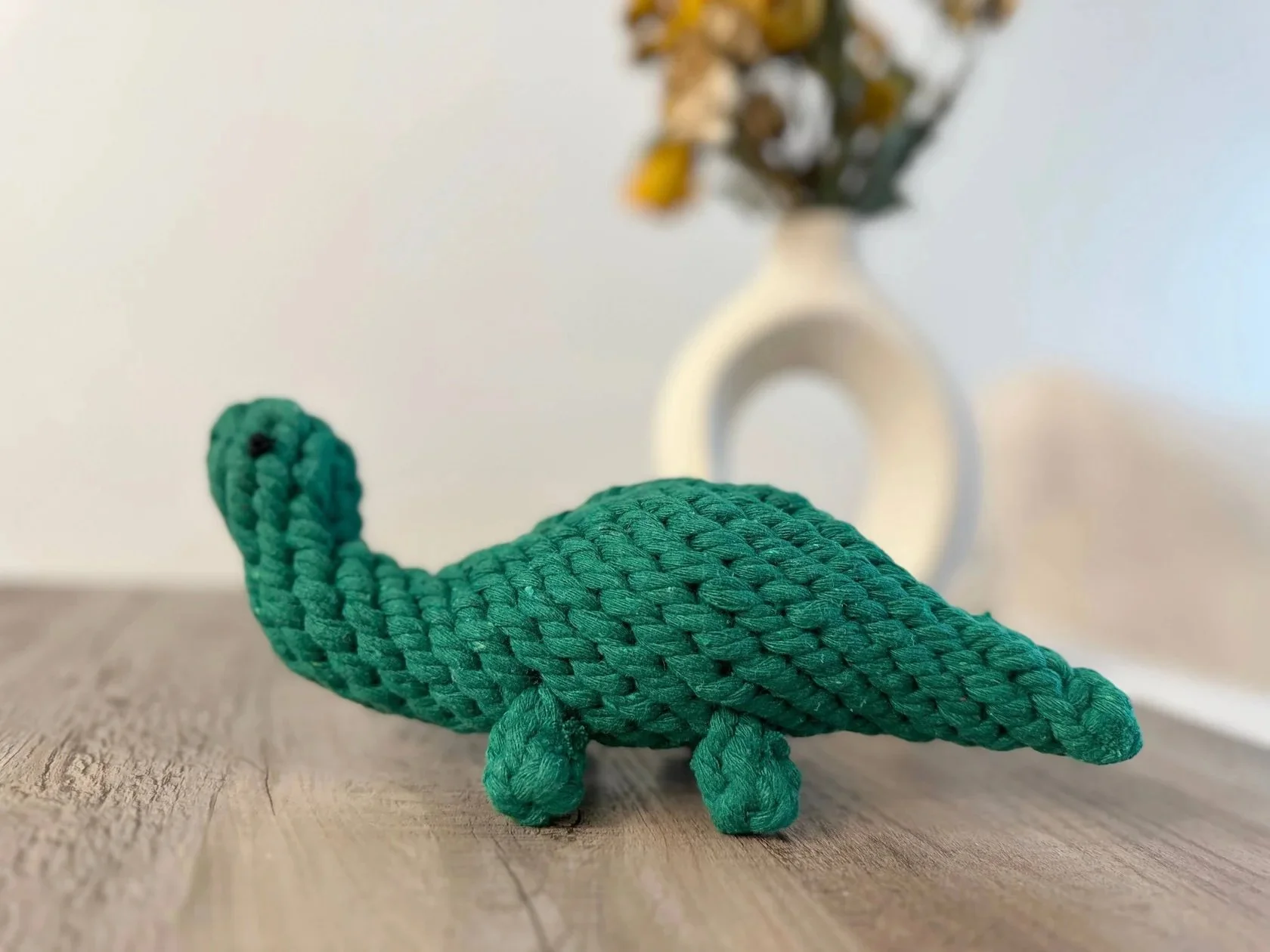The Surprising Climate Pawprint of Our Pets
We all love our furry companions — they're family. But did you know that our beloved cats and dogs have a surprisingly large climate pawprint?
According to a study from UCLA, the meat consumption of dogs and cats contributes to up to 30% of the environmental impact of meat production in the United States. That’s equal to the annual emissions of 13.6 million cars.
But don’t worry — we’re not saying to ditch your pets (please don’t! - seriously.). Instead, this month, we’re focusing on how to love our animals and the planet at the same time.
Why Do Pets Have Such a Big Environmental Impact?
It largely comes down to their food. Most commercial pet foods are made from animal-based ingredients, generally from factory-farmed sources. Producing meat, eggs, and dairy requires massive amounts of land, water, and energy — and is a major source of methane, a potent greenhouse gas.
A medium-sized dog eating a meat-heavy diet can have a carbon footprint roughly equal to that of a large SUV.
Read on to learn why…
Pet food plays a significant but often overlooked role in contributing to climate change. The production of pet food, especially those containing meat, relies heavily on resource-intensive agricultural practices. Livestock farming generates large amounts of greenhouse gases such as methane and nitrous oxide, both of which are far more potent than carbon dioxide. Additionally, the land, water, and energy required to raise animals and process meat-based ingredients for pet food contribute to deforestation, water scarcity, and biodiversity loss. With more than a billion dogs and cats worldwide—many consuming diets comparable in quality to human food—the environmental impact adds up quickly.
But it’s just their food, right?…
We wish it were that simple. Pets have a surprisingly large environmental impact beyond just their food, primarily due to the resources required to care for them and the waste they produce. From the manufacturing and disposal of unending toys, grooming products, and accessories, to the energy and water used for bathing and cleaning up after them, pet ownership significantly contributes to resource consumption. Additionally, the waste pets generate—particularly dog waste—can pollute waterways and contribute to public health concerns if not properly managed.
Cats that roam outdoors can also disrupt local ecosystems by hunting birds and small wildlife, further highlighting the broader ecological footprint of companion animals.
By making mindful choices about pet care products, managing waste responsibly, and keeping cats indoors, pet owners can help reduce this impact. Learn how below!
5 Ways to Reduce Your Pet’s Climate Pawprint
1.Switch to Plant-Based Pet Foods
Plant-based diets for pets are on the rise — and not just for humans anymore! Brands like Wild Earth offer veterinarian-developed, nutritionally complete plant-based foods for dogs. Bonus: dogs love the taste, and it reduces demand for industrial meat production. It also has shown incredible success in reducing pets’ allergies!
2. Portion Properly
Many pets are overfed — which isn't just unhealthy for them, but also increases food waste, cost, and emissions. Check with your vet to make sure you’re feeding the right amount. Your pet may look totally normal and healthy to you, but remember that you see them every day, and weight can sneak up on them the way it does on you. (We’re not calling you fat, we swear.) It’s SO important for your pet to get regular vet checkups for so many reasons!
3. Choose Eco-Friendly Pet Products
Opt for compostable poop bags, sustainably made toys (rather than plastic), and beds made from recycled or organic materials.
4. Adopt, Don’t Shop
Giving a home to a rescue animal helps reduce the demand for breeding, which can contribute to overpopulation and associated environmental strains. DID YOU KNOW?: If only 6% more people adopted animals instead of buying them, no shelter animals would ever need to be euthanized.
5. Compost Pet Waste (Where Safe and Legal!)
While not all pet waste is compost-safe, some communities offer pet-waste composting programs. Never add pet waste to food compost, but do explore local options!
Thank you for being part of a movement toward a kinder, greener world — for animals, people, and the planet.
SUSTAINABLE SPOTLIGHT: Wild Earth Pet Food
A pioneering plant-based pet food company, Wild Earth’s food is backed by science, cruelty-free, and made with sustainable ingredients like yeast and chickpeas. By switching your pup to a plant-based food, you could save hundreds of pounds of CO₂ emissions each year — without sacrificing health or taste.






